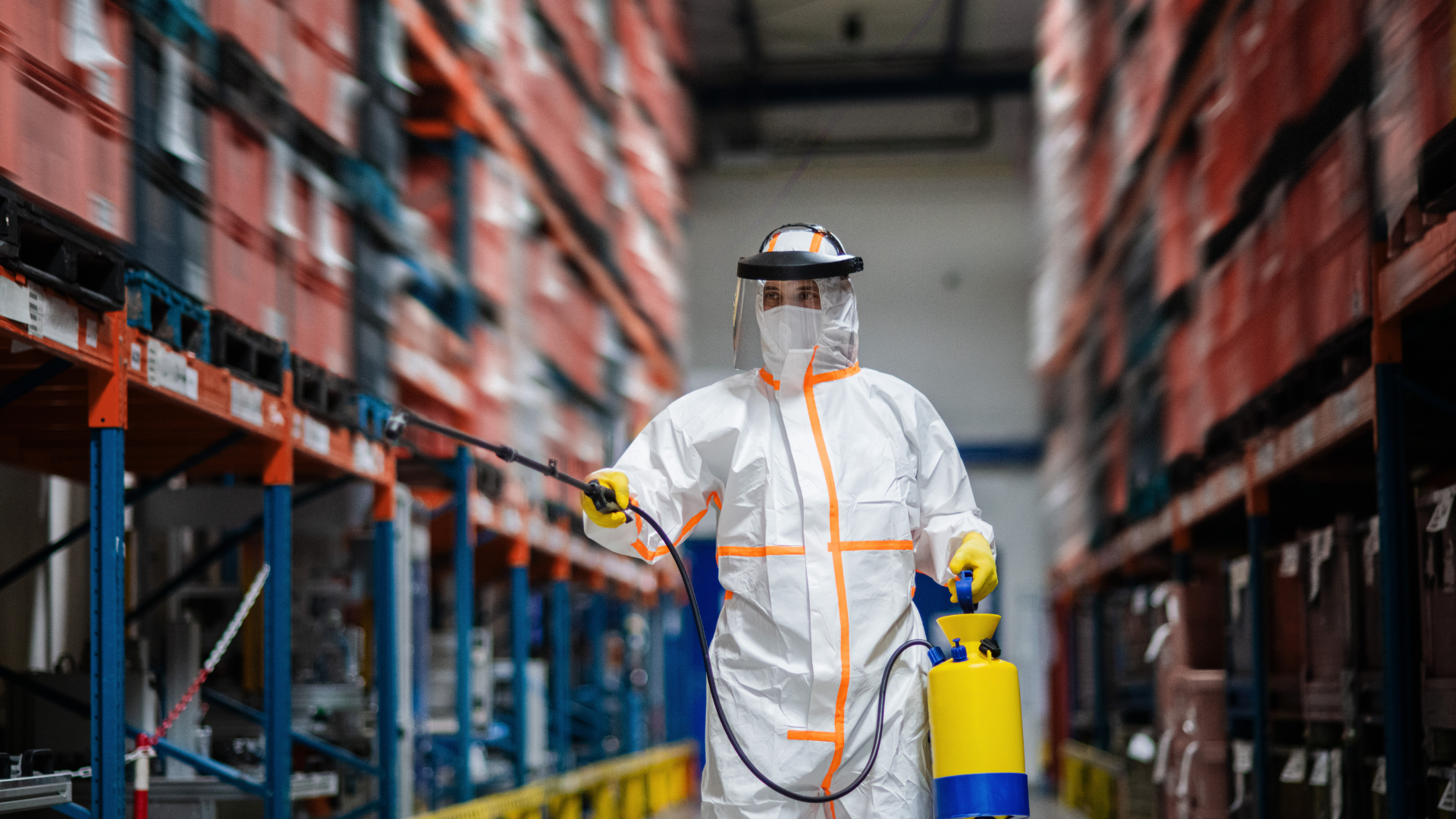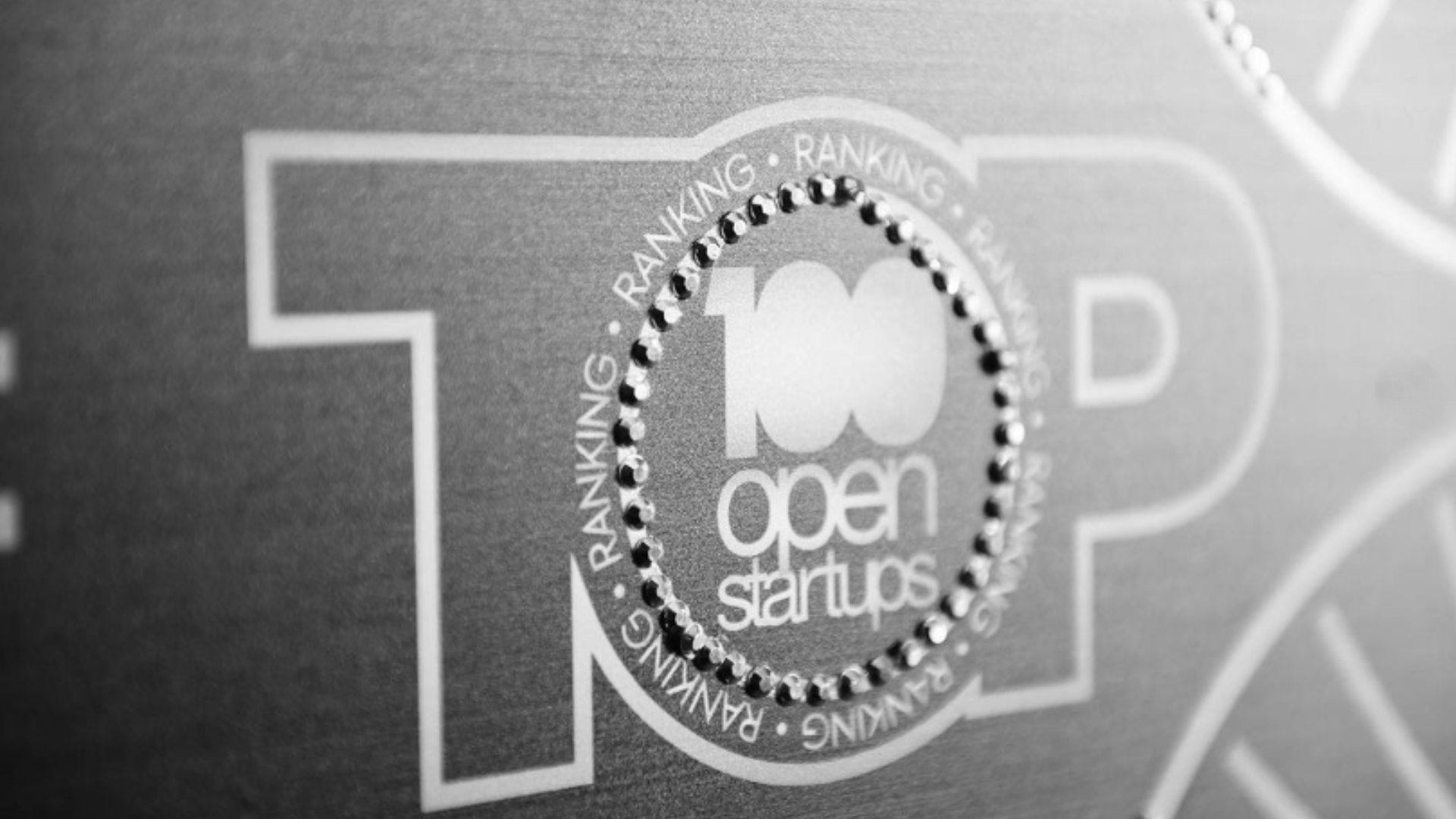You are certainly familiar with the term Industry 4.0, but have you heard about the enabling technologies?
When we talk about Industry 4.0, we involuntarily think of digital technologies, which are the protagonists of this revolution. Therefore, in this article we will explore the following topics: what are enabling technologies and what role do they play in the fourth industrial revolution?
Continue reading to better understand this concept.
>> Read also: Industry 4.0 x Industry 5.0: Understand more about these industries and how they can leverage your company
What are enabling technologies?
Enabling technologies are those that play a major role in the digitalization process of companies. These technological innovations are the great differential of Industry 4.0.
These technologies are largely responsible for connecting information, people and equipment, enabling automation and general connectivity of the company.
What are the enabling technologies?
To better understand the definitions and applications of these technologies, we will talk about some of the main ones.
Big Data and Analytics
Analytics is the systematic computational analysis of data and statistics, used for discovering, interpreting and communicating meaningful patterns in data.
Big Data is an area that studies how to treat, analyze and obtain information from data sets that are too large to be analyzed by traditional systems.
Both are strategic analysis mechanisms, as with them you can obtain insights and apply data patterns for effective decision making.
advanced robotics
There are a wide variety of levels, shapes and types when it comes to autonomous robots.
An autonomous robot is a mechanism that performs tasks with a certain degree of autonomy, that is, an autonomous robot can perform from simple to complex functions, not necessarily having total autonomy.
These robots obtain information from the work environment and its functions, being able to work without the need for human interaction.
That is why autonomous robots are increasingly assuming the role of standardized tasks. Through automated learning and the elimination of human intervention, these mechanisms become an important tool to automate and increase the efficiency of a company.
Simulation
Simulation is the use of mathematical techniques used in computers, allowing to simulate the process of an operation, that is, it is the projection of a real model of a system, with the purpose of understanding and evaluating the operation and forming strategies.
Simulation systems have great power in reducing costs in an industry. This is because testing on a computer pays off much more than a physical test, and enables more assertive decision-making.
Systems integration
Systems integration is the connection established between several systems so that all areas of a company work coherently and together.
It is the union of software so that information is updated in all systems, allowing greater control and visibility of processes.
However, in an industrial environment, when we talk about systems integration we have the vertical and the horizontal, concepts that are directly linked to Industry 4.0.
The vertical integration model follows a hierarchical order of information, from the shop floor to the ERP. This model reduces data redundancy, making it difficult for there to be contradiction between information.
The horizontal systems integration allows the use of different systems in a harmonious and coordinated way. Sharing information between systems makes each one work in the area it needs based on the same information.
Industrial Internet of Things (IIoT)
The term IoT is already well known, and IIoT is a variation of this term, this being the application in the factory. This technology has a high potential, because it integrates the entire machinery structure of an industry.
Through monitoring sensors, it is possible to understand the status of each machine in real time, making processes much clearer, facilitating maintenance and increasing productivity. It is the IIoT that brings automation into the industry's production process, making it more efficient.
cyber security
Cybersecurity is a branch of information security.
It is a set of actions on people, processes and technologies against cyber attacks. Its objective is to treat and protect information in the digital environment. It acts both in prevention and in mitigation and recovery in the face of cyber attacks.
In an environment that adheres to Industry 4.0, security is fundamental, because with the connectivity that this revolution establishes, the risk of a problem or cyber attack spreading among all integrated systems is great, causing financial, security, privacy or quality. That's why cybersecurity is essential.
This technology was based on the use of strong cryptography, separation of systems into well-defined layers, some access restrictions, adoption of authentication and authorization protocols and regular security tests.
Cloud computing
Cloud computing is one of the most innovative and efficient technologies in the Industry 4.0 scenario.
It is the distribution of computing services, being servers, storage, databases, networks, software, analytics, etc.
Cloud computing is for technology services such as computing power, storage and databases on an as-needed basis using a cloud provider rather than maintaining physical servers.
Through cloud computing, the company can access several computing resources remotely from several different devices, making unnecessary the high investment in support teams and equipment.
Information security is also a positive factor in cloud computing, as it is more difficult for data to be lost.
Additive and digital manufacturing
Additive manufacturing is the manufacture of parts from a digital design, making layer by layer, without removing material from an initial raw material, through a 3D printer, and thus digital designs are transformed into physical objects.
Digital manufacturing is the use of an integrated system that relies on simulations, 3D visualization, analysis and collaboration tools to create manufacturing processes and product.
augmented reality
Augmented reality designates the interaction between virtual environments and the physical world, that is, it is the integration of virtual elements to real world views. It can be implemented with the use of special glasses or with the help of tablets and cell phones.
Scanning
Digitization is the process by which an analog image or signal is transformed into code. It is the use of the enabling technologies mentioned above to digitize processes, achieving greater efficiency and productivity.
>> Read also: Understand: what is Industrial Management?
The enabling technologies in Industry 4.0
The concept of Industry 4.0 is the union of enabling technologies for automation and data exchange in search of improved efficiency and productivity of processes.
This union brings several benefits, both for the market and for individual industries and companies, with the aim of achieving industrial automation.
Following this reality, with these goals in mind and having these enabling technologies, the system Manufatura 360 is the most complete platform on the market to bring your company to Industry 4.0.
With IoT, complete digitization of the shop floor, cloud storage, connectivity between production lines, machines and systems, you have the enabling technologies that have the best results and the greatest potential in the market.
Want to know more about the Manufatura 360? Talk to one of our experts.
>> Read also: Lean Manufacturing: concept and principles

















